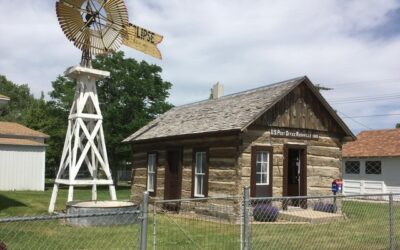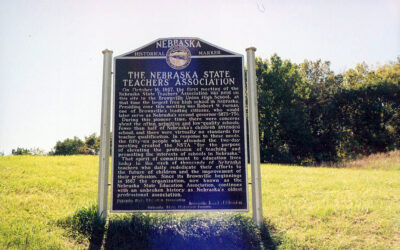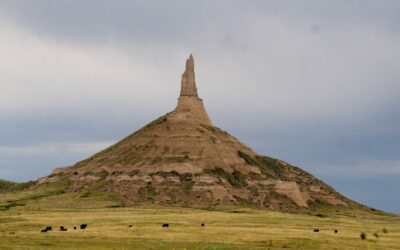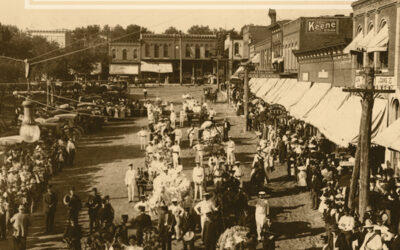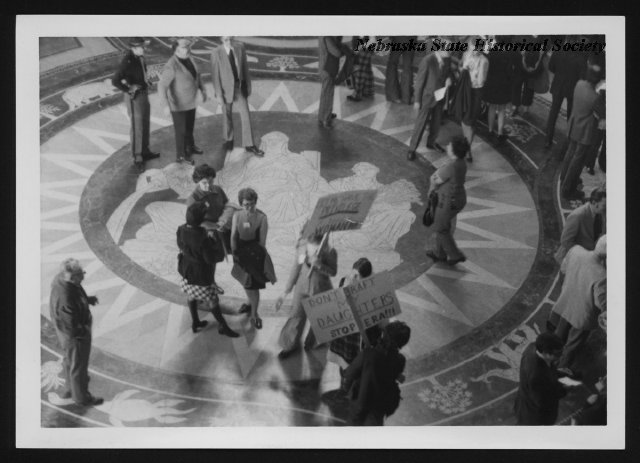 The Equal Rights Amendment (ERA) is a proposed amendment to the US Constitution intended to guarantee equal rights for all citizens regardless of the persons’ sex. In 1972 Nebraska was one of the first states to ratify this amendment, but on March 15, 1973 it became the first state to withdraw its ratification. The Unicameral voted 31-17 for reversal. During a six-year stretch, four other states followed Nebraska in reversing their ratifications: Tennessee, Idaho, Kentucky, and South Dakota.
The Equal Rights Amendment (ERA) is a proposed amendment to the US Constitution intended to guarantee equal rights for all citizens regardless of the persons’ sex. In 1972 Nebraska was one of the first states to ratify this amendment, but on March 15, 1973 it became the first state to withdraw its ratification. The Unicameral voted 31-17 for reversal. During a six-year stretch, four other states followed Nebraska in reversing their ratifications: Tennessee, Idaho, Kentucky, and South Dakota.
Senator Richard F. Proud of Omaha, who led the bill of reversal, told the Omaha World-Herald on March, 15, 1973 that the ERA would “absolutely wipe out” laws requiring a husband to support his wife, would allow the drafting of women and would satisfy no one but the “women’s libbers.”
He also stated, “The only thing this amendment can do is visit more obligation on women. Ask a woman how this amendment would help her and she has no answer because there isn’t any.”
No state had ever withdrawn its ratification of a constitutional amendment. Opponents question the legality of Nebraska’s decision. According to the Alice Paul Institute, the US Constitution speaks only of the states’ power to ratify amendments but does not grant power to withdraw ratification. Therefore, the decisions of five states to rescind their ratification are, arguably, a “legal nullity,” although this has not been tested in court.
The ERA debate was one of three major controversial issues being debated in Nebraska in 1973. The others were the US Supreme Court’s Roe v. Wade abortion ruling and a controversy over state aid to public schools.
Numerous citizens expressed their opinions about the ERA in letters to the editor:
Hattie Literal wrote to the Omaha World-Herald: “The ERA will permit each woman a meaningful choice of how to live and will provide real equality for those who have to work or seek careers in combination with their role as housewife. The amendment would not deprive women of an enforceable right of support and it would not weaken the father’s obligation to support the family.”
George Horstman responded to an Omaha World-Herald letter in which a woman complained that a policeman did not help her when he “saw me changing a tire without male assistance.” Horstman commented: “Perhaps the cop feared his offer of assistance would be interpreted as male chauvinism. Now if a police matron or meter maid or another female parking lot customer had passed her by, she’d have something to complain about.”
Thirty-five states ratified the ERA by 1977. Even without counting the disputed reversals of ratification, the ERA was still three states short of the three-fourths required by the Constitution. In 1978 Congress voted to extend the original March 1979 ratification deadline to June 30, 1982. However, the deadline passed without any additional states ratifying it.
Photo (above-left): Protesters picketing inside the Capitol Building in Lincoln, some of them holding signs with anti-ERA slogans, 02/22/1973. (RG5705.PH000001-000001)

